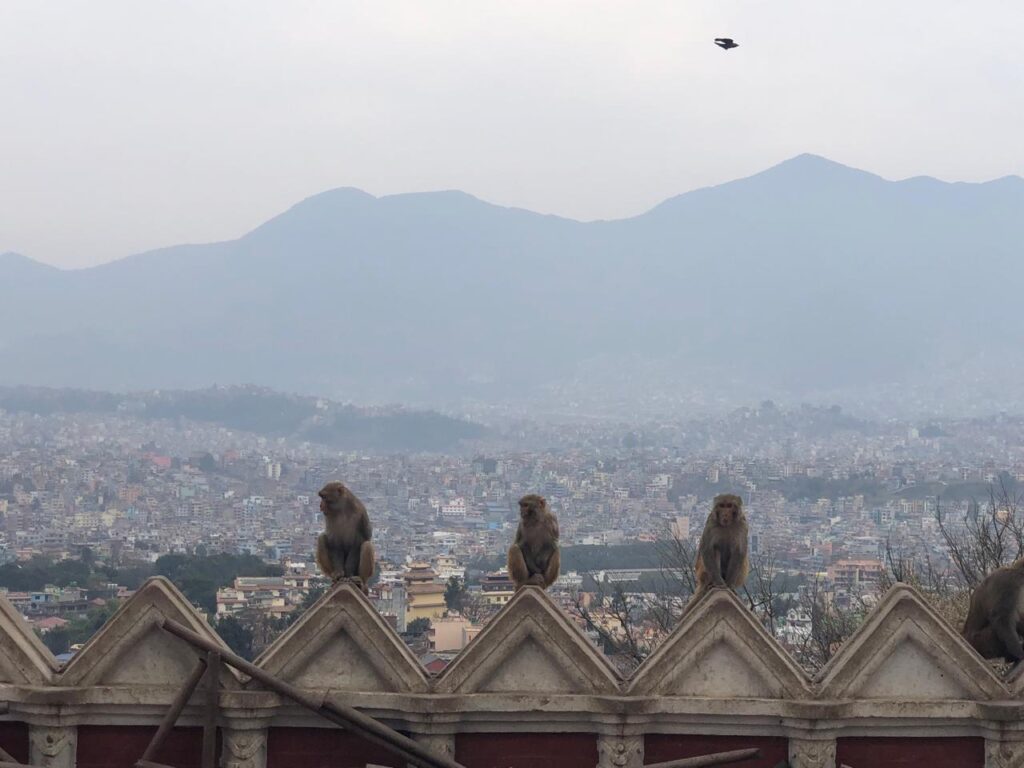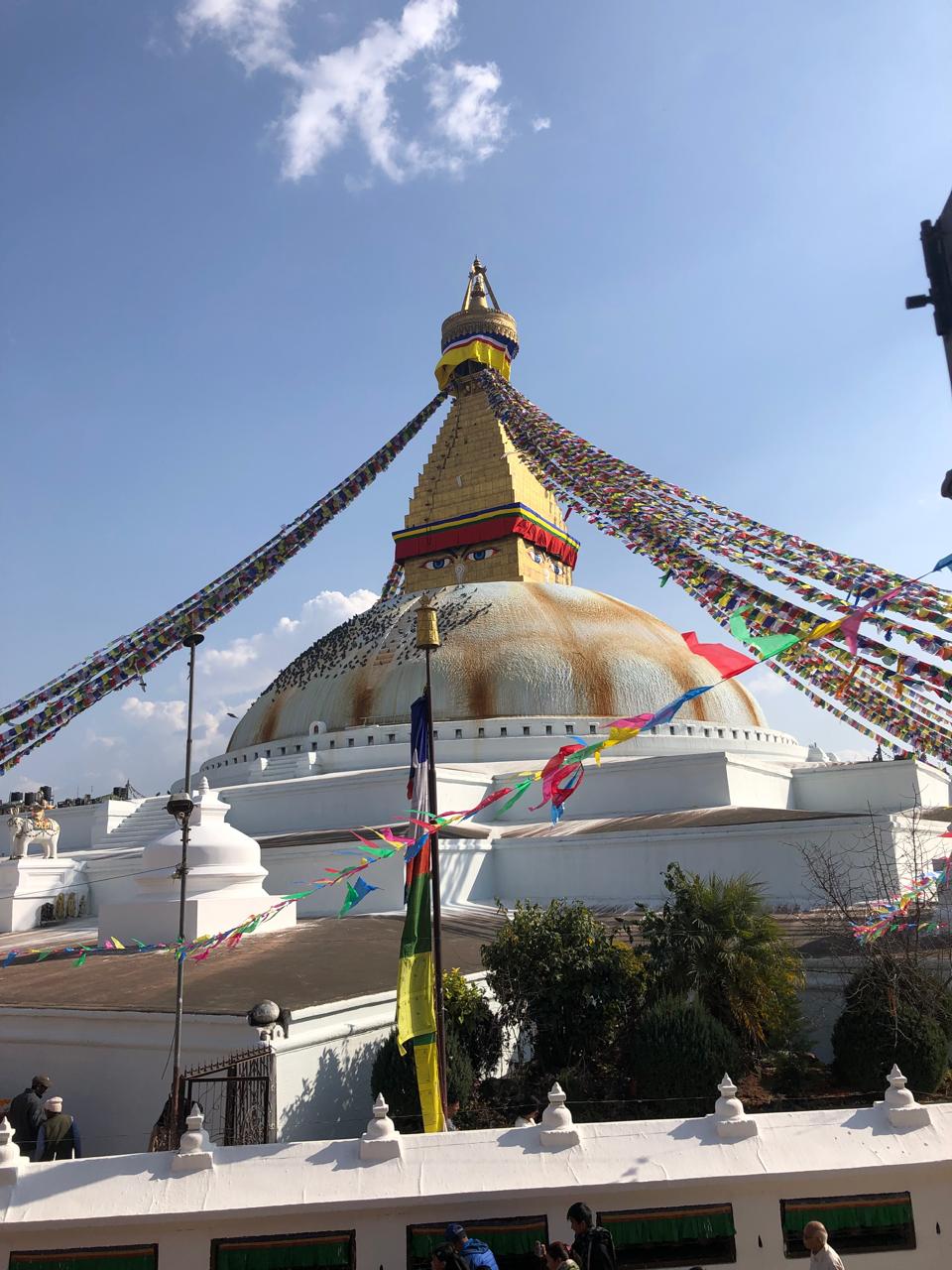ॐ सर्वे भवन्तु सुखिनः
सर्वे सन्तु निरामयाः ।
सर्वे भद्राणि पश्यन्तु
मा कश्चिद्दुःखभाग्भवेत् ।
ॐ शान्तिः शान्तिः शान्तिः ॥
Om Sarve Bhavantu Sukhinah
Sarve Santu Niraamayaah |
Sarve Bhadraanni Pashyantu
Maa Kashcid-Duhkha-Bhaag-Bhavet |
Om Shaantih Shaantih Shaantih ||
“May all beings be happy,
May all be free from illness,
May all see what is auspicious,
May no one suffer in any way.
Om Peace, Peace, Peace.”
The Sanskrit prayer “Om Sarve Bhavantu Sukhinah” is a deeply meaningful chant rooted in ancient Bharatbarsa traditions, reflecting a profound wish for universal well-being and harmony. This prayer is often recited in Hindu, Buddhist, and Jain rituals, as well as in various contexts where people seek to invoke peace and compassion.
May All Beings Be Happy:
The opening line, “Sarve Bhavantu Sukhinah,” translates to “May all beings be happy.” This is a universal wish for joy and contentment, extending beyond the self to encompass all living beings. It underscores the value of empathy and compassion in human interactions. By wishing for the happiness of others, we align ourselves with a principle of universal goodwill. This line reflects an ideal where happiness is not confined to oneself but is a shared aspiration for all sentient beings, including animals, plants, and even inanimate elements of nature.
May All Be Free from Illness:
The second line, “Sarve Santu Niraamayaah,” means “May all be free from illness.” Here, the prayer extends beyond emotional and mental well-being to include physical health. The desire for freedom from illness reflects a compassionate wish for everyone to lead a life unburdened by suffering and disease. This aspect of the prayer emphasizes the holistic nature of well-being, recognizing that health is a fundamental component of a happy and fulfilling life.
May All See What is Auspicious:
The third line, “Sarve Bhadraanni Pashyantu,” translates to “May all see what is auspicious.” The term “bhadra” refers to something that is good, auspicious, or beneficial. By wishing that everyone may witness and experience auspiciousness, the prayer conveys a desire for positivity and good fortune to be part of everyone’s lives. It reflects an understanding that having a positive outlook and encountering favorable conditions can significantly impact one’s overall happiness and life satisfaction.
May No One Suffer in Any Way:
The fourth line, “Maa Kashcid-Duhkha-Bhaag-Bhavet,” translates as “May no one suffer in any way.” This line is a heartfelt plea for the eradication of suffering in all its forms, be it physical, emotional, or psychological. It acknowledges the reality of human suffering and expresses a deep-seated wish for its complete elimination. The prayer recognizes that suffering is an intrinsic part of existence but aspires towards a state where such suffering is minimized or entirely absent.
Om Peace, Peace, Peace:
The concluding phrase, “Om Shaantih Shaantih Shaantih,” signifies “Peace, Peace, Peace.” The repetition of the word “peace” emphasizes the importance of tranquility and harmony. The term “Om” is a sacred sound and spiritual icon in Bharatbarsa religions, representing the essence of the ultimate reality or consciousness. It serves as an invocation of divine presence and a universal symbol of peace. The triple repetition of “peace” signifies the desire for peace at all levels: physical, mental, and spiritual.

In summary, this prayer is a profound expression of universal compassion and goodwill. It reflects a desire for the happiness and well-being of all beings, free from illness and suffering, while also hoping for auspicious experiences. The concluding invocation of peace underscores a deep aspiration for harmony and tranquility in all aspects of existence. By reciting this prayer, individuals align themselves with a higher ideal of compassion and universal well-being, fostering a sense of interconnectedness and shared humanity.


